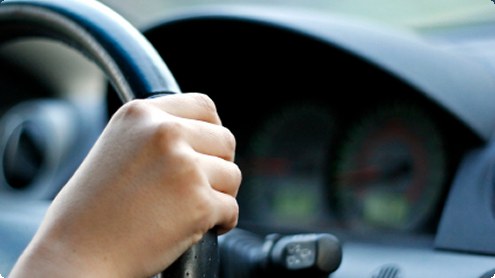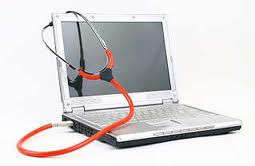In just over three months’ time a new law comes into force which will
prevent insurance companies from pricing premiums based on gender. This is
likely to mean higher car insurance premiums for young women, but new
research reveals the majority of those who will be most affected by thhe
change are completely unaware of it.
The EU Gender Directive becomes law on 21st December. Diamond, a specialist
in car insurance for women, surveyed 1,000 women motorists aged under 30
about the Directive, and found that many of them don’t realise how much it
will affect them.
More than half (51%) of those surveyed were unaware of the Directive at all.
When asked when they thought the Directive was coming into force only 16%
correctly knew that it was later this year.. More than a third (36%) thought
it was already the law with 16% saying they thought it came in last year and
20% that it came in earlier this year.
Dave Halliday, Diamond managing director, said: “The EU announced it was
changing the law regarding gender back in March 2011, which might explain
why so many women think it is already in place. However insurance companies
have been given until December this year to make the necessary changes to
how they price premiums.
“Unfortunately the change is likely to result in higher insurance premiums
for young women. This is because from a risk point of view women will have
to be treated the same as men, and young men in particular have the worst
driving record and are the highest risk. Young women, particularly those
aged under 22 should be aware that their premiums will probably be higher
when they come to get insurance from 21st December onwards.”
Years of data clearly shows that young men have a far worse driving record
than young women. Diamond’s own statistics show men under 21 are four times
more likely to have a dangerous driving conviction than women the same age,
and the cost of the accidents they have is worse, on average accidents
involving men under 21 cost 48% more than those involving women under 21.
Despite the EU’s assertion that men and women are the same, Diamond asked
the women surveyed their thoughts on the issue. 72% said they believe men
and women drive differently, while a massive 83% believe men and women think
differently. Not surprisingly only 7% of them believe men are safer drivers
compared with 56% who think women are safer. 37% believe they are the same.





